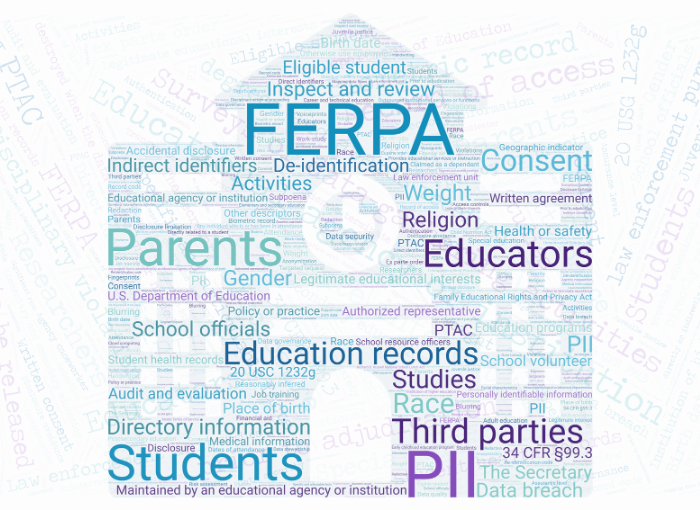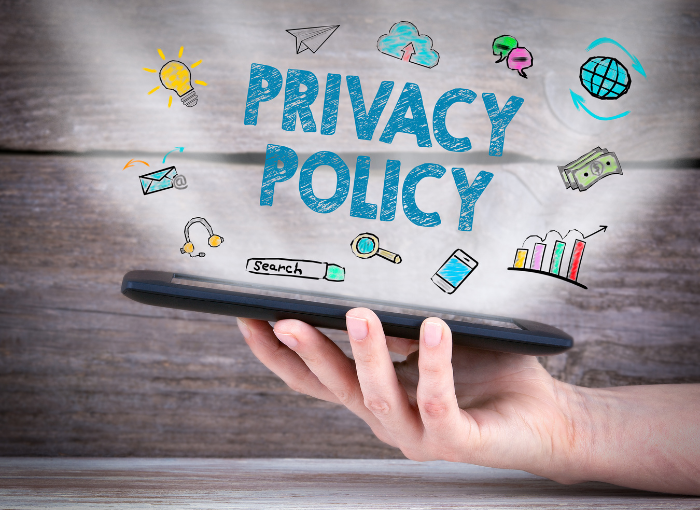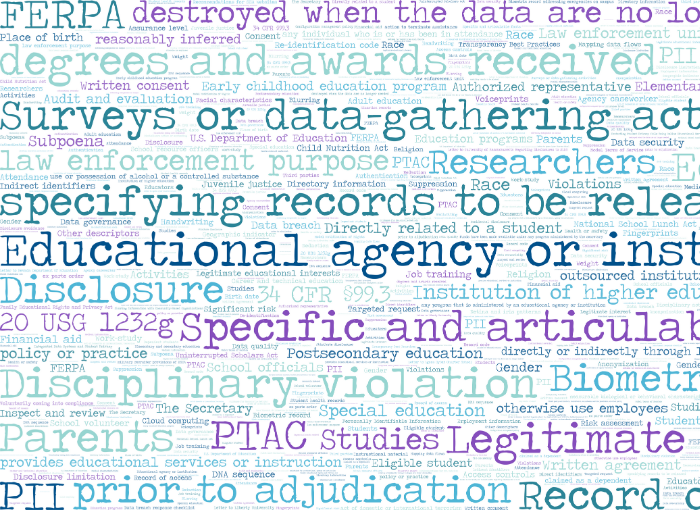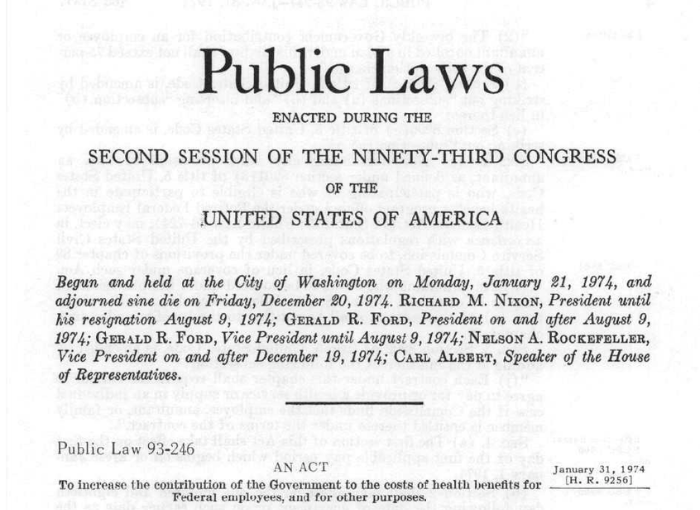Fixing FERPA
Did you know that the Family Educational Rights and Privacy Act (FERPA), a student privacy law that has been around for nearly 50 years, was influenced by the rise of computers? Did you know that FERPA restricts educational apps from using student’s personally identifiable information for anything other than the educational purpose approved by the school? Did you know that, contrary to popular belief, FERPA is continuously and actively enforced by the U.S. Department of Education? Despite its continued applicability and relevance in today’s data-driven education landscape, FERPA is often criticized as outdated and insufficient. But the prevalence of inaccurate […]








